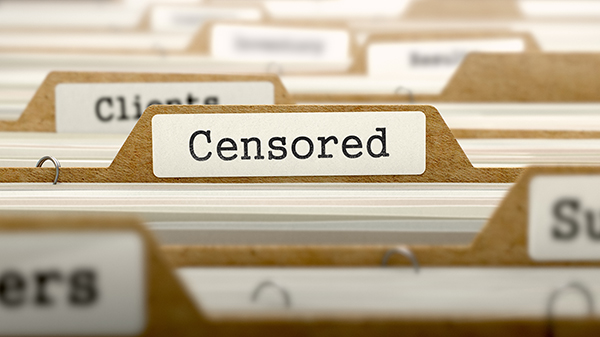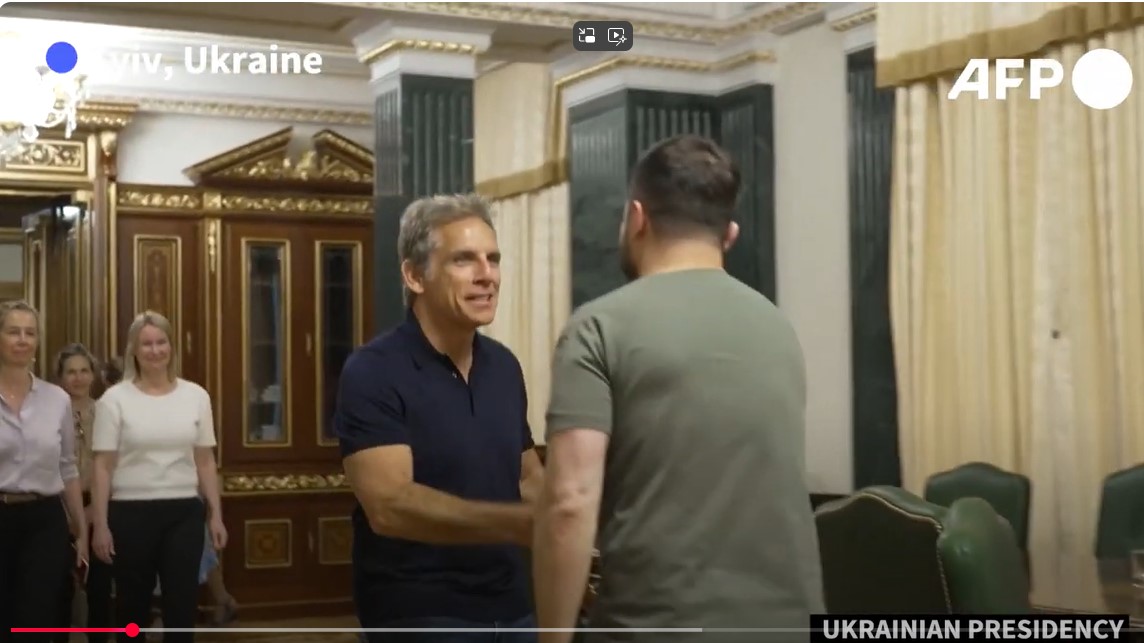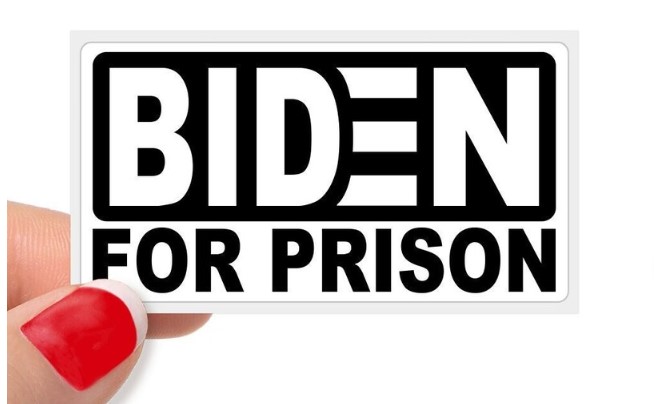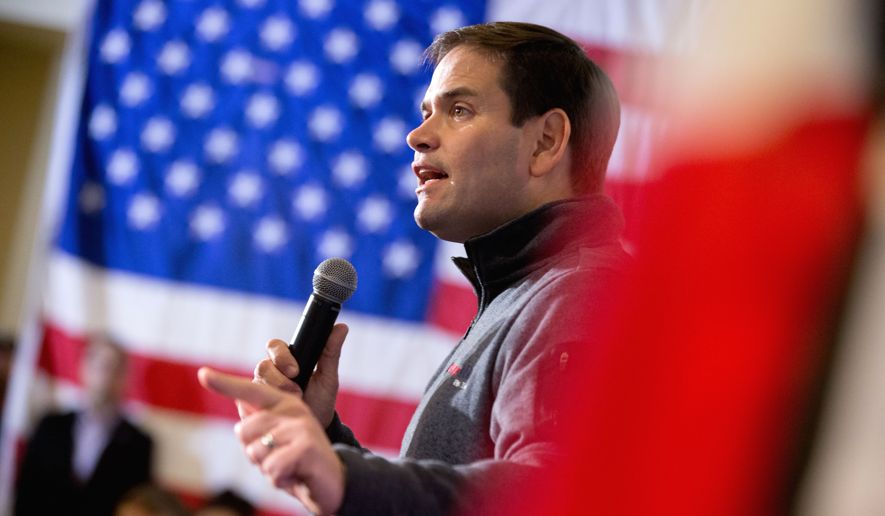 Parler
Parler Gab
Gab
- U.S. House Judiciary Committee hearing exposed a "censorship-industrial complex" targeting free speech, with journalists Taibbi and Shellenberger detailing government efforts to suppress dissent.
- Government agencies, including USAID, funded programs to silence narratives contradicting official COVID-19 positions, labeling them as "misinformation."
- Examples included banning journalists like Alex Berenson and pressuring platforms to remove posts questioning vaccine safety, even when factual.
- Democrats deflected criticism, focusing on unrelated issues, while Republicans called for defunding censorship programs and dismantling the system.
- Witnesses warned of a global strategy for information control, urging Congress to investigate and eliminate taxpayer-funded censorship initiatives.
The censorship-industrial complex
Taibbi and Shellenberger detailed how government agencies, including the U.S. Agency for International Development (USAID), have funded programs to suppress dissenting voices worldwide. Shellenberger described a “woke reign of terror” over the past 12 years, where individuals were afraid to speak their minds publicly or privately. “USAID is just a tiny piece of the censorship machine,” Taibbi said, explaining how taxpayer dollars fund initiatives that pressure social media platforms to remove content deemed “misinformation.” He cited examples of USAID funding organizations like Internews, whose leader, Jeanne Bourgault, openly discussed promoting “vaccine enthusiasm” in India during the pandemic. “We’re paying this person to train journalists, and she doesn’t know that the press does not exist to promote ‘unity’ or political goals like vaccine enthusiasm,” Taibbi said. “That’s propaganda, not journalism.”The crackdown on dissent
The hearing also highlighted the Biden administration’s efforts to censor COVID-19-related speech. Taibbi pointed to the case of Alex Berenson, a former New York Times journalist who was banned from Twitter for stating that the COVID-19 vaccine did not prevent infection or transmission—a fact later acknowledged by health officials. Rep. Jordan emphasized how the administration pressured platforms to remove posts, including a 2021 tweet by Robert F. Kennedy Jr. questioning the safety of the COVID-19 vaccine. “There is not one thing in that two-sentence tweet that’s not... absolutely true,” Jordan said, “but the Biden administration was pressuring to take it down.” Shellenberger added that the “Twitter Files” revealed how true stories about vaccine side effects were targeted. “They were pre-choosing narratives and then looking for posts that fell into the bucket of things that might constitute ‘violation,’” he said. The censorship efforts extend far beyond U.S. borders. Shellenberger noted that organizations like the United Nations, the World Health Organization, and NATO have all called for increased censorship of online platforms. He described a “broader strategy for information control” that includes not only censorship but also the co-opting of investigative journalism worldwide. “Deep state agencies within the U.S. government have, for two decades, sought to gain control over the production of news and other information around the world as part of ongoing covert and overt influence operations,” Shellenberger said.Democrats deflect
While Republicans focused on the censorship-industrial complex, Democrats attempted to shift the conversation. Ranking Member Jamie Raskin (D-N.Y.) accused Republicans of ignoring broader issues like inflation and rising egg prices. However, witnesses like Paul D. Thacker, a former Senate investigator, criticized Democrats for being “mired in denial” about the Biden administration’s censorship efforts. “It’s pretty clear that Democrats remain mired in denial—denial that Biden censored, even though Mark Zuckerberg admitted they pressured Meta to censor, and denial that censorship is bad,” Thacker said.Calls to defund censorship
The hearing concluded with calls to dismantle the censorship-industrial complex. Rep. Thomas Massie (R-Ky.) introduced H.R. 1233, a bill to eliminate taxpayer funding of online censorship. Shellenberger urged Congress to investigate the funding sources of these programs, including “pass-through organizations and shell organizations like the ones employed by USAID.” “There is no way to remove this... surgically,” Taibbi said. “The whole mechanism has to go.” As the debate over free speech continues, one thing is clear: the First Amendment is under siege, and the battle to preserve it is far from over. Sources for this article include: ChildrensHealthDefense.org TheNationalDesk.com Racket.newsVance slams Europe’s “Orwellian” speech laws, warns of strained U.S.-EU relations
By Cassie B. // Share
$22 billion in taxpayer funds funneled to migrants for cars, homes, and loans
By Cassie B. // Share
Secretary of State Marco Rubio corrects CBS host over free speech and the Holocaust
By Willow Tohi // Share
Undercover USAID ‘Karens’ fighting to keep illegals in their neighborhood were just UNMASKED…
By News Editors // Share
Governments continue to obscure COVID-19 vaccine data amid rising concerns over excess deaths
By patricklewis // Share
Tech giant Microsoft backs EXTINCTION with its support of carbon capture programs
By ramontomeydw // Share
Germany to resume arms exports to Israel despite repeated ceasefire violations
By isabelle // Share










